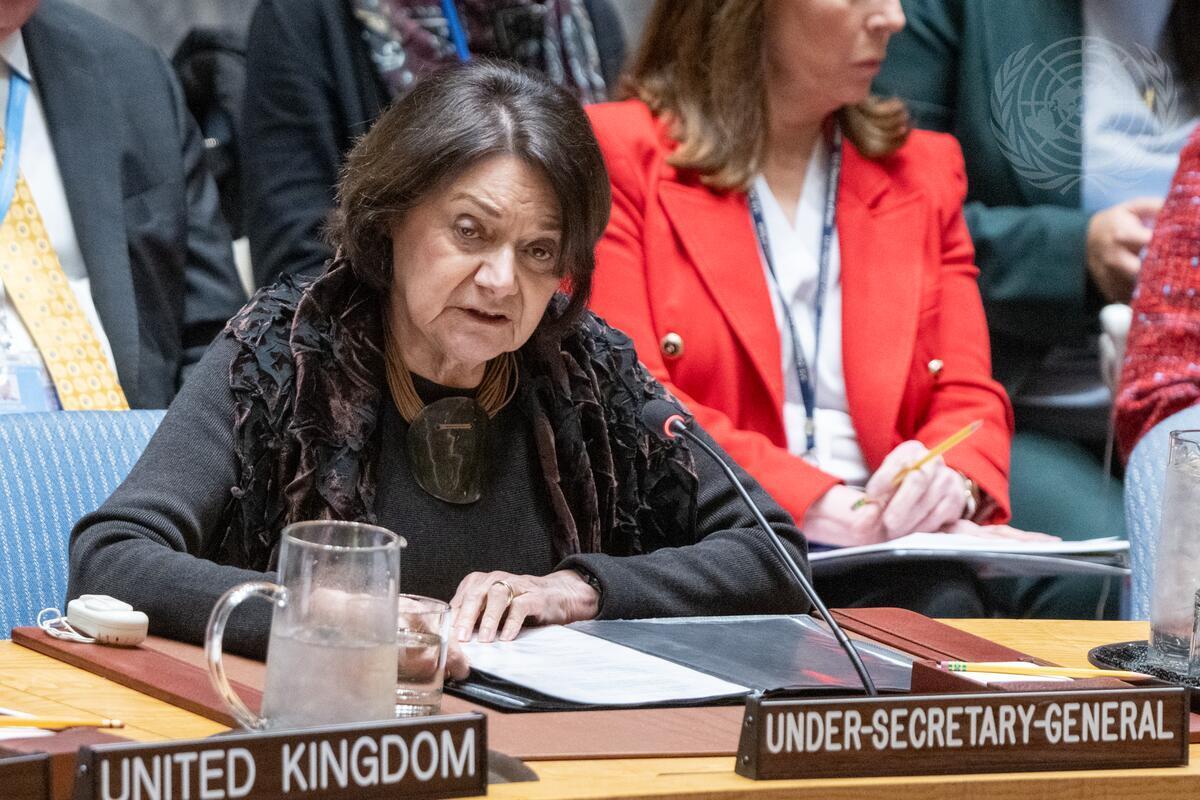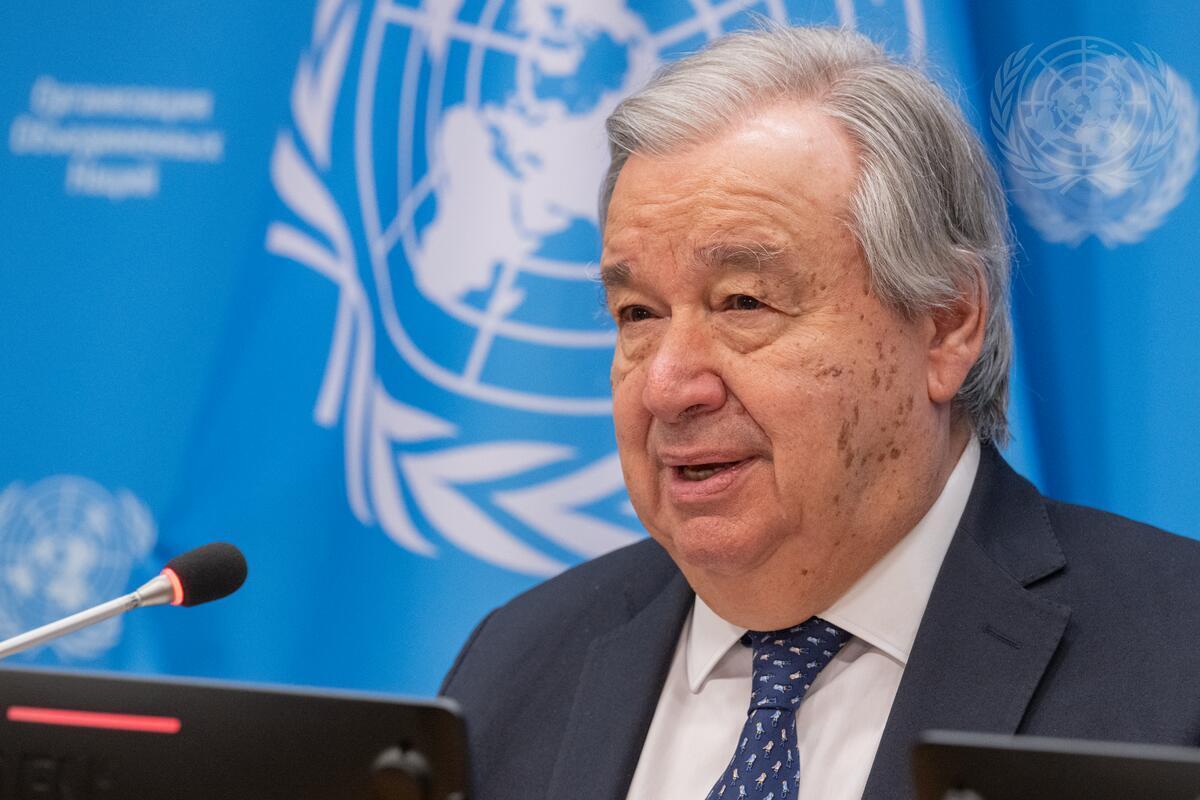Excellencies and distinguished delegates,
Please allow me to thank the Norwegian Foreign Minister and the EU High Representative for organizing this meeting. Thank you to your team. Thank you also to the High Representative and his team.
Given developments on the ground, it is well-timed to contribute to the Palestinian pandemic response and recovery. We also have an opportunity to impart political and financial momentum toward reinvigorating the peace process.
Developments since the last AHLC meeting cannot be divorced from the broader context: Israel’s continued occupation of the Palestinian territory; illegal settlement activities and demolitions. The situation in Gaza characterized by more than a decade of Hamas control over the Strip, militant activity and Israeli closures; unilateral actions that all undermine peace efforts; as well as the persistent risk of military escalation.
By every measure, 2020 was a year of extraordinary setbacks for the Palestinians that may take years to be restored.
Despite all these challenges, the Palestinian Government and its health system have managed well in the face of the COVID-19 pandemic – with the assistance of the donor community. Vaccines from the COVAX facility will begin arriving in Palestine soon, tens of thousands of doses should be administered.
We have some good signs of moving forward. We have an agreement between Qatar and UNOPS for stable fuel delivery to provide electricity in Gaza to the end of the current year. It has been a long time since we had such stability in that area. There are positive signals of re-engagement by the PA towards the Strip, including on salaries and pensions for PA employees.
The restart of coordination between the Israelis and Palestinians has also improved the climate for cooperation.
On the political front too, there are positive signs. Palestinian elections have been scheduled. There has been an accelerated dialogue on national unity facilitated by Egypt. The donor climate is moderately improved and a new U.S. administration is prepared to engage with both parties. The Middle East Quartet has started to work - recently holding a meeting - and I can assure you it will continue on a regular basis to move forward that may lead to the resumption of talks.
Excellencies and distinguished delegates,
In our report to this meeting we came up with some recommendations designed to improve the situation on the ground.
First, and in the short term, the most effective way to improve the humanitarian and development situation in Palestine is the roll out the COVID-19 vaccine as rapidly and as safely as possible. All available capacity should be mobilized and coordinated to combat the pandemic.
The UN system stands ready to employ its total capacity on the ground in support of the Palestinian Government in these efforts, while at the same time continuing to strengthen the Palestinian public health system.
Second, we present proposals for donor support and investment in COVID-19 health projects, social protection programs, infrastructure projects and the economy.
Third, at the political level, we recommend the need for permits for workers and traders from Gaza and the easing of trade and access restrictions in Gaza and the West Bank. Gaza cannot fully normalize if the Strip is not opened in line with UN Security Council resolution 1860 (2009) and with respect to Israel’s security concerns. The two Israeli civilians and the two IDF soldiers missing in Gaza is a key humanitarian concern. Palestinian unity is essential and elections are a first step. No smart project can compensate for necessary bold political actions.
Finally, we propose an agenda for technical assistance that needs robust donor support. The focus will be on stitching back together the institutions, economy, and civil society of the West Bank and Gaza after 15 years of internal division.
In conclusion, Madam Chair,
With the Palestinian Government’s precarious fiscal situation, addressing the outstanding fiscal files should be done without delay and in its entirety. The relevant issues relating to the corresponding banking relations should be addressed immediately.
The current situation is precarious. With two election campaigns going on at the same time, the COVID-situation far from being under control, and some serious fiscal issues still to be resolved, the next three to four months will require careful maneuvering to avoid any destabilization. Without increased and fast donor support and a gradual restart of the economy, the PA will have little capacity to cushion the negative effects of the current situation.





